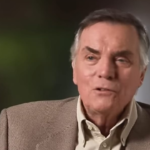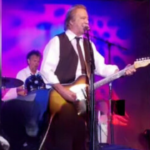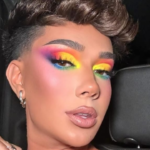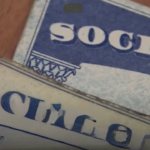Eli lly stock (Lilly stock)soars on a beat in Q2 earnings and sales forecasts.
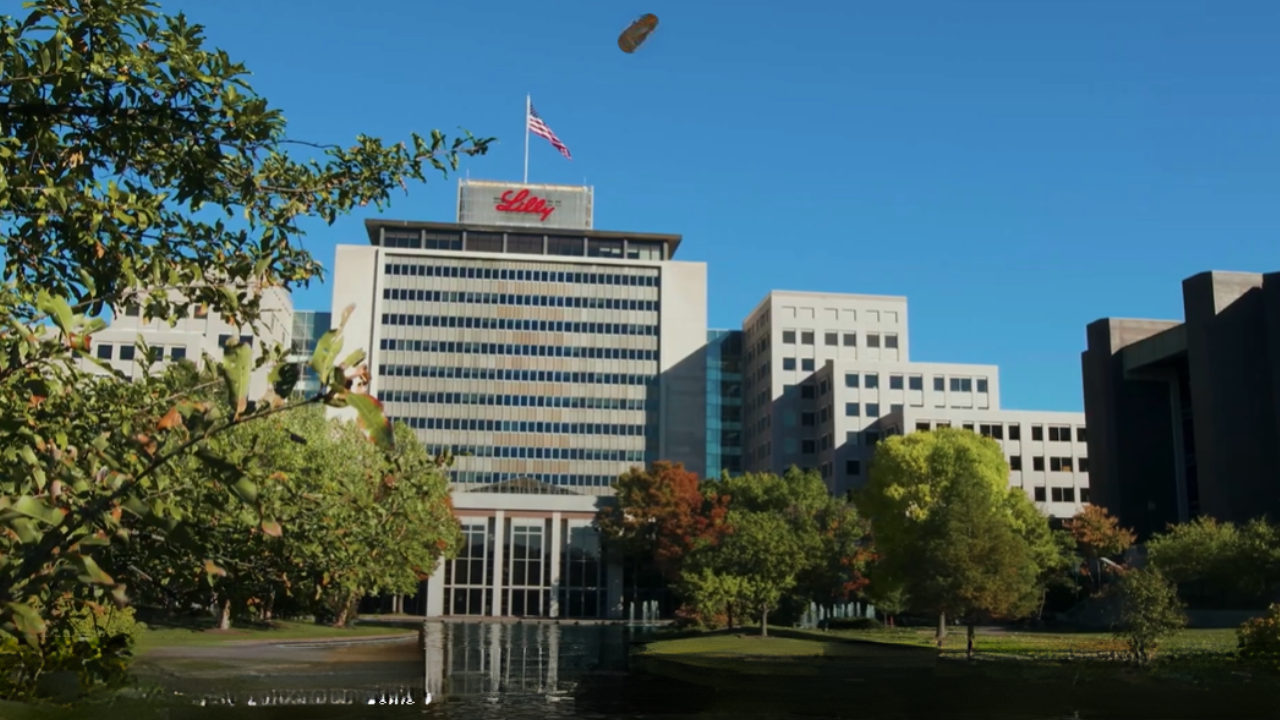
Eli lly stock(Lilly stock) shares are rising sharply in early trading. The pharmaceutical company released second-quarter earnings that easily exceeded Street projections. The business increased its revenue and earnings projections for the entire year. Strong sales of Elil Lilly’s GLP-1 medications, Zepbound and Mounjaro, helped the company.
In the video above, Yahoo Finance healthcare reporter Anjalee Khemlani explains the findings.
Click here to see the entire Morning Brief episode, which includes more expert analysis and the most recent market movement.
Eli Lilly surpasses forecasts and raises guidance as Zepbound and Mounjaro sales surge.
Eli Lilly increased its full-year revenue forecast by $3 billion on Thursday after revealing second-quarter results and revenue that well exceeded forecasts. The company attributed the increase to the sales of its popular diabetic medication Mounjaro and weight-loss injection Zepbound.
Eli lly stock increased by almost 10% in early trade on Thursday.
The pharmaceutical company now projects revenue for the year to be between $45.4 billion and $46.6 billion, a $3 billion rise on either end of the range.
Additionally, the business increased its outlook for full-year adjusted earnings from $13.50 to $14 per share to a range of $16.10 to $16.60.
Eli Lilly stated that the strong performance of Zepbound and Mounjaro was the main reason for the guidance rise, which was also partly brought about by “better clarity” regarding the company’s manufacturing expansions and the anticipated launches of Mounjaro outside of the United States. Without giving any specifics, the company stated that it achieved a number of supply-related goals during the quarter.
For incretin medications, such Zepbound and Mounjaro, which imitate gut hormones to control blood sugar levels and decrease hunger, demand has greatly exceeded supply. Due to this, Novo Nordisk, an Eli Lilly competitor, and
must make significant investments to increase production.
Still, Eli Lilly’s supply problems might be about to become better. Following protracted shortages, the Food and medication Administration’s medication database said on Friday that all dosages of Zepbound and Mounjaro are now available in the United States.
The business did, however, issue a warning that anticipated rises in demand would cause “supply tightness” for a while for some of its incretin medication dosages.
“We’re not even trying that hard to promote this drug; we just see unbelievable demand,” Eli Lilly CEO David Ricks said in a CNBC interview. “What you’re witnessing is merely the natural demand from consumers as we ship more merchandise and increase the amount of supply available online in the United States.”
According to Ricks, the corporation has employed thousands of people and constructed six manufacturing facilities, some of which are now ramping up, in order to boost output. Eli Lilly stated that they anticipate a 50% increase in incretin medication manufacturing in the second half of 2024 compared to the same period in the previous year.
He declared, “We’re on that kind of ramp into 2025.” Ricks said, saying Eli Lilly is still working on creating more practical diet tablets, which might enable the business to keep up with the rapidly increasing demand.
Here is a comparison between Eli Lilly’s second-quarter results and Wall Street’s expectations, as determined by an LSEG survey of analysts:
Earnings per share: $2.60 projected, $3.92 adjusted
Revenue: $11.30 billion versus the anticipated $9.92 billion
For the second quarter, the massive pharmaceutical company reported net profits of $2.97 billion, or $3.28 per share. In contrast, a year prior, the company made $1.76 billion in profit, or $1.95 per share.
With the value of intangible assets and other one-time items subtracted, Eli Lilly reported second-quarter 2024 profits per share of $3.92.
Revenue during the second quarter of the year was $11.30 billion, a 36% increase over the same period the previous year.
Eli Lilly reported that when production increased and the U.S. supply of Mounjaro and Zepbound improved, the demand for these products increased and drove sales.
Zepbound has been operating in the US market for two full quarters now since receiving regulatory approval in November. Sales for the weekly injection totaled $1.24 billion for the week, exceeding analysts’ expectations of $922.2 million, as reported by StreetAccount.
Mounjaro, on the other hand, generated $3.09 billion in revenue in the second quarter, more than double the amount of sales it achieved in the same period last year. Sales of $2.39 billion were predicted by analysts, according to StreetAccount.
Prices for Mounjaro increased in the United States in the second quarter compared to the same period last year, partly because the medication was more widely available and savings card schemes were used less frequently.
However, given the $25 monthly voucher for patients without insurance coverage for Mounjaro expired in June, the business stated savings cards should have a “minimal effect” on realized price comparisons in the second half of the year.
According to Ricks, second-quarter pricing for Eli Lilly’s incretin medications was “pretty stable.”
This is not the case for Novo Nordisk, which on Wednesday revealed lower-than-expected second-quarter sales of its diabetes injection Ozempic and weight-loss medication Wegovy, partly as a result of pricing pressure.
During an earnings call on Wednesday, Novo Nordisk officials stated that Wegovy’s revenue was negatively impacted by greater-than-anticipated price concessions to pharmacy benefit managers in the United States, who bargain for drug discounts from manufacturers on behalf of insurers.
Due to the company’s weight loss and diabetic medications experiencing unprecedented demand, as well as growing investor interest in the potential of these medications to treat various medical diseases, Eli Lilly’s shares have climbed by more than 30% this year after surging by over 60% in 2023. Their high monthly costs, unreliable insurance coverage, and sporadic supply shortages all contribute to their appeal.
Eli Lilly holds the title of being the biggest American pharmaceutical firm with a market capitalization of over $730 billion.
